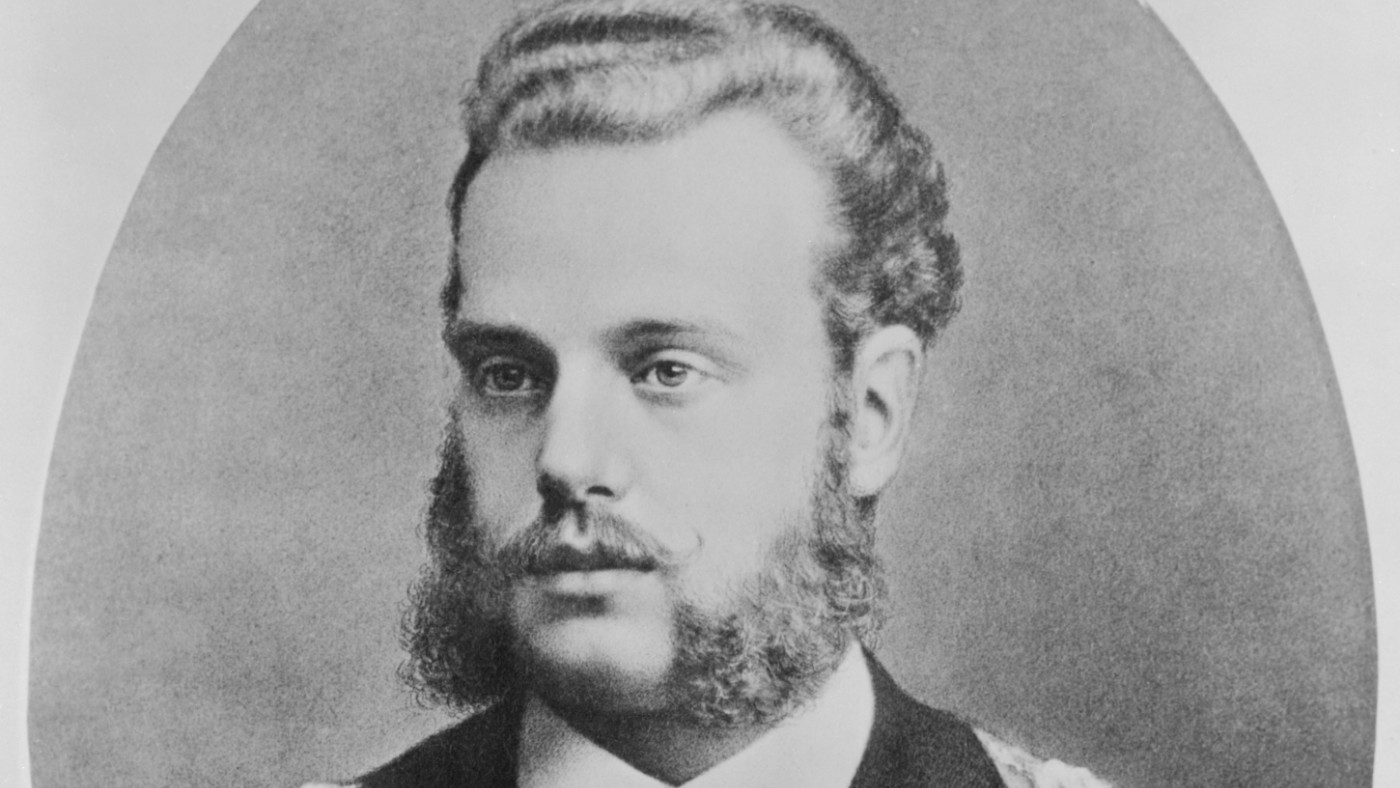Book of the week: The Last Emperor of Mexico by Edward Shawcross
Although Maximilian’s reign proved short-lived, it makes for a ‘jaw-dropping story’

A free daily email with the biggest news stories of the day – and the best features from TheWeek.com
You are now subscribed
Your newsletter sign-up was successful
Tessa Hadley is justly lauded for “elevating the domestic novel to literary fiction” in her stories about the “shifting geometries” of middle-class families, said Mia Levitin in the FT. Free Love, her eighth novel, “adds a Sixties twist to Anna Karenina”.
Set in 1967, it centres on 40-year-old Phyllis Fischer, a well-off suburban housewife married to Roger, a senior civil servant. One summer night, twenty-something Nicky – the son of a family friend – comes to supper. He and Phyllis steal an “illicit kiss” – and embark on an affair. Leaving home without a forwarding address, Phyllis swaps her cosy life with Roger for “then-bohemian Ladbroke Grove” (where Nicky occupies a squalid bedsit).
Hadley’s style is as “sumptuous” as ever, and her characterisations are superb. While this isn’t perhaps her best novel, its publication is a “cause for celebration”.
The Week
Escape your echo chamber. Get the facts behind the news, plus analysis from multiple perspectives.

Sign up for The Week's Free Newsletters
From our morning news briefing to a weekly Good News Newsletter, get the best of The Week delivered directly to your inbox.
From our morning news briefing to a weekly Good News Newsletter, get the best of The Week delivered directly to your inbox.
Hadley has been criticised for the “narrowness of her social concerns – her incorrigible preoccupation with Cecilias, Harriets and Rolands”, said James Marriott in The Times. So it’s gratifying that in this “beautiful and exciting” novel, she contrasts the bourgeois world with the “supremely undomesticated” 1960s counterculture.
Yet there’s a problem, said Johanna Thomas-Corr in The Sunday Times: Hadley is far more at home among herbaceous borders than in the “pot-smoking” milieu of Nicky and his friends. Her depictions of the Swinging Sixties rarely rise above cliché – and “when she tries to capture the life of a black nurse whom Phyllis befriends, the writing becomes laboured”. You sense Hadley “itching to get back to the bourgeois suburbs” – and as this disappointing novel progressed, I wished I was back there with her.
Jonathan Cape 320pp £16.99; The Week Bookshop £13.99

The Week Bookshop
A free daily email with the biggest news stories of the day – and the best features from TheWeek.com
To order this title or any other book in print, visit theweekbookshop.co.uk, or speak to a bookseller on 020-3176 3835. Opening times: Monday to Saturday 9am-5.30pm and Sunday 10am-4pm.
-
 Will increasing tensions with Iran boil over into war?
Will increasing tensions with Iran boil over into war?Today’s Big Question President Donald Trump has recently been threatening the country
-
 Corruption: The spy sheikh and the president
Corruption: The spy sheikh and the presidentFeature Trump is at the center of another scandal
-
 Putin’s shadow war
Putin’s shadow warFeature The Kremlin is waging a campaign of sabotage and subversion against Ukraine’s allies in the West
-
 6 exquisite homes with vast acreage
6 exquisite homes with vast acreageFeature Featuring an off-the-grid contemporary home in New Mexico and lakefront farmhouse in Massachusetts
-
 Film reviews: ‘Wuthering Heights,’ ‘Good Luck, Have Fun, Don’t Die,’ and ‘Sirat’
Film reviews: ‘Wuthering Heights,’ ‘Good Luck, Have Fun, Don’t Die,’ and ‘Sirat’Feature An inconvenient love torments a would-be couple, a gonzo time traveler seeks to save humanity from AI, and a father’s desperate search goes deeply sideways
-
 A thrilling foodie city in northern Japan
A thrilling foodie city in northern JapanThe Week Recommends The food scene here is ‘unspoilt’ and ‘fun’
-
 Tourangelle-style pork with prunes recipe
Tourangelle-style pork with prunes recipeThe Week Recommends This traditional, rustic dish is a French classic
-
 Samurai: a ‘blockbuster’ display of Japan’s legendary warriors
Samurai: a ‘blockbuster’ display of Japan’s legendary warriorsThe Week Recommends British Museum show offers a ‘scintillating journey’ through ‘a world of gore, power and artistic beauty’
-
 BMW iX3: a ‘revolution’ for the German car brand
BMW iX3: a ‘revolution’ for the German car brandThe Week Recommends The electric SUV promises a ‘great balance between ride comfort and driving fun’
-
 Arcadia: Tom Stoppard’s ‘masterpiece’ makes a ‘triumphant’ return
Arcadia: Tom Stoppard’s ‘masterpiece’ makes a ‘triumphant’ returnThe Week Recommends Carrie Cracknell’s revival at the Old Vic ‘grips like a thriller’
-
 My Father’s Shadow: a ‘magically nimble’ love letter to Lagos
My Father’s Shadow: a ‘magically nimble’ love letter to LagosThe Week Recommends Akinola Davies Jr’s touching and ‘tender’ tale of two brothers in 1990s Nigeria